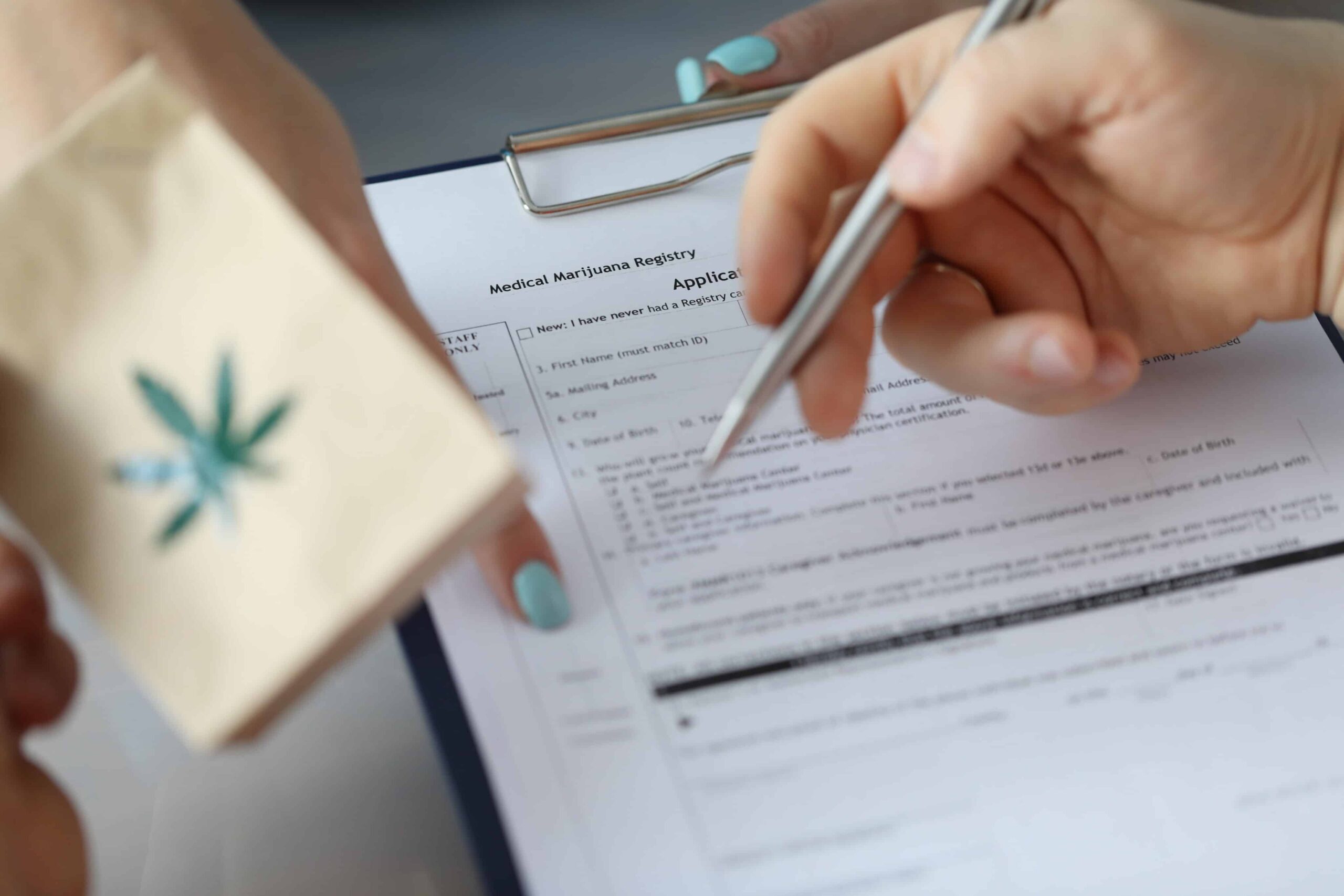
South Dakota’s medical cannabis program is shattering all predictions
The South Dakota Department of Health and Human Services has issued about 11,500 cards since the medical marijuana program began in 2021 — beating the department’s projection of 6,000 cards issued by 2024.
“We doubled in two years what we forecast in three years,” said Jennifer Seale, administrator of South Dakota’s medical cannabis program, as quoted by local news agency South Dakota Searchlight.
Seale made the statement Monday in his testimony before the state legislature’s Medical Marijuana Oversight Committee.
Committee members expressed concern about the ease with which patients have gained access to medical marijuana cards.
One member of the committee, Republican House Representative Fred Deutsch, has spoken out strongly against legalizing recreational marijuana while criticizing what he believes is a lack of safeguards in the state’s medicinal cannabis program.
“Doctors can make a hell of a lot of money opening their ‘Doc in a Box Shop’ and that worries me. That should affect everyone. I mean come on When we talk about medical marijuana, we should give access to people who really need it, and we should prevent people who don’t need it from getting access,” Deutsch said in June.
Earlier this year, Deutsch purchased a medical cannabis card himself to demonstrate easy access.
“I support easy access to medical marijuana when doctors and patients obey the law. I now have a health insurance card because my doctor broke the law,” Deutsch said on Twitter in June.
At Monday’s hearing, Deutsch recounted the visit to the clinic that led to the prescription of medicinal cannabis. Local TV station KELO provided details of Deutsch’s comments:
“[Deutsch] said he could clearly hear the conversations between the nurse and the card seekers. “There was no privacy at all.” HIPAA was out.’ According to Deutsch, the nurse looked at his medical records, found he had been in a traffic accident, asked if he was still in pain, and gave him a one-year patient card. Deutsch said he then asked her if using marijuana might conflict with his current medications, but she said he needed to speak to his GP. She told him he had more questions to ask the stores that sold marijuana. After seven or eight minutes, the meeting ended: “I left feeling, ‘One hundred and seventy dollars – there was no exam.'”
During the state’s legislature earlier this year, lawmakers discussed two proposals that would have introduced restrictions on so-called “pop-up” medical marijuana clinics, where patients can easily obtain a card.
The two bills “made countless changes to the state’s cannabis law: prohibiting certain advertisements for prescription services; “They require certain actions by physicians and other providers to establish a ‘real’ relationship, and only allow prescriptions of medication in certain establishments, most of which are in some way related to healthcare,” reports the Forum News Service at that time.
But both bills were firmly rejected by the Senate Health and Human Services Committee.
In January, the South Dakota legislature passed a bill expanding the state’s list of requirements for medical cannabis treatment. The legislation also shifted the authority to set these qualification requirements from the South Dakota Department of Health and Human Services to the state legislature.
South Dakota voters voted in favor of a measure to legalize medicinal cannabis for eligible patients in 2020.
While the law officially went into effect in 2021, the first state-licensed pharmacies opened last year.
The state’s 2020 vote also included a constitutional amendment proposal that would have legalized recreational cannabis in the state.
Although a majority of voters approved the amendment, it was later overturned by the South Dakota Supreme Court — a ruling that pleased the state’s Republican Gov. Kristi Noem, who led the lawsuit to overturn the law.
But after the court ruling in 2021, Noem made it a point to distinguish between the overturned recreational cannabis measure and the medicinal cannabis program.
“South Dakota is a place where the rule of law and our Constitution matter, and that’s what today’s decision is about,” Noem said at the time. “We do things right – and how we do things is just as important as what we do. We still have the rule of law. This decision will not affect my government’s implementation of the medical cannabis program approved by voters in 2020. This program launched earlier this month and the first cards have already been distributed to eligible South Dakota citizens.”

Post a comment: